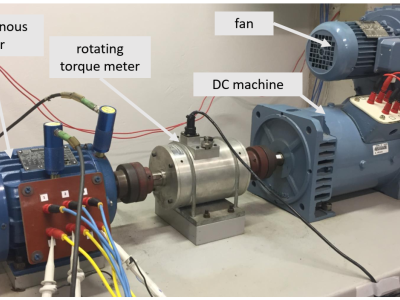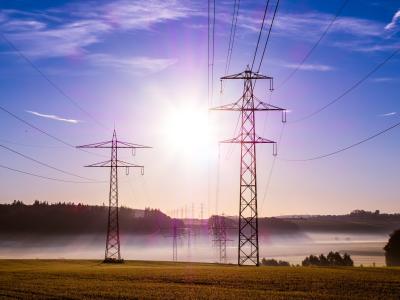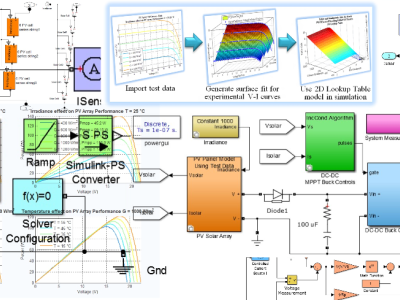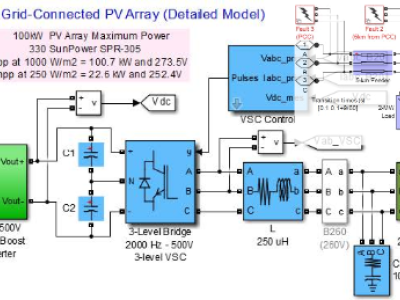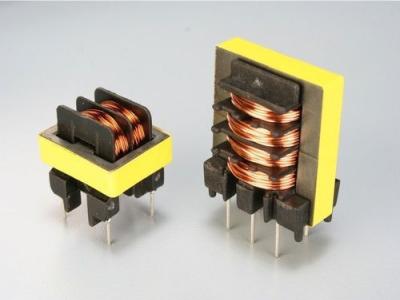Competition on Evolutionary Computation in the Energy Domain: Smart Grid Applications
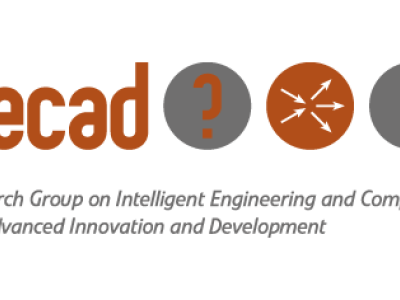
- Citation Author(s):
-
Joao Soares (GECAD-Polytechnic of Porto)Bruno Canizes (GECAD-Polytechnic of Porto)Zita Vale (Polytechnic of Porto)
- Submitted by:
- Fernando Lezama
- Last updated:
- DOI:
- 10.21227/sk62-9q40
- Data Format:
- Links:
 315 views
315 views
- Categories:
- Keywords:
Abstract
Following the success of the previous editions at WCCI 2018 (Rio de Janeiro, Brazil) and CEC/GECCO 2019 (New Zealand and Prague, Czechia) we are launching a more challenging algorithm competition at major international conferences in the field of computational intelligence. This WCCI & GECCO 2020 competition proposes two testbeds in the energy domain:
Testbed 1) optimization of a centralized day-ahead energy resource management problem in smart grids under environments with uncertainty. This testbed is similar to the past challenge using a challenging 500-scenario case study with a high degree of uncertainty. We also add some restrictions to the initialization of the initial solution and the allowed repairs and tweak-heuristics.
Testbed 2) bi-level optimization of end-users’ bidding strategies in local energy markets (LM). This testbed is constructed under the same framework of the past competitions (therefore, former competitors can adapt their algorithms to this new testbed), representing a complex bi-level problem in which competitive agents in the upper-level try to maximize their profits, modifying and depending on the price determined in the lower-level problem (i.e., the clearing price in the LM), thus resulting in a strong interdependence of their decisions.
Instructions:
The WCCI & GECCO 2020 competition on “Evolutionary Computation in the Energy Domain: Smart Grid Applications” has the purpose of bringing together and testing state-ot-the-art Computational Intelligence (CI) techniques applied to energy domain problems, namely the energy resource management problem under uncertain environments and the optimal bidding of energy aggregators in local markets. The competition provides a coherent framework where participants and practitioners of CI can test their algorithms to solve two real-world optimization problems in the energy domain. The participants have the opportunity to evaluate if their algorithms can rank well in both problems since we understand the validity of the “no-free lunch theorem”, making this contest a unique opportunity worth to explore the applicability of the developed approaches in real-world problems beyond the typical benchmark and standardized CI problems.
Rules
-Participants will propose and implement metaheuristic algorithms (e.g., evolutionary algorithms, swarm intelligence, estimation of distribution algorithm, etc.) to solve two testbeds problems in the energy domain.-The organizers provide a framework, implemented in MATALAB© 2014b 64 bits (Download here), in which participants can easily test their algorithms (we also provide a differential evolution algorithm implementation as an example). The guidelines (Download here) include the necessary information to understand the problems, how the solutions are represented, and how the fitness function is evaluated. Those elements are common for all participants.
-Since the proposed algorithms might have distinct sizes of population and run for a variable number of iterations, a maximum number of “50000 function evaluations” is allowed in each trial for all participants. The convergence properties of the algorithms are not a criterion to be qualified in this competition.
– Only random seed initial solutions are allowed in this competition. Heuristics and special tweaks for initial solutions are not accepted.
-20 independent trials should be performed in the framework by each participant.


